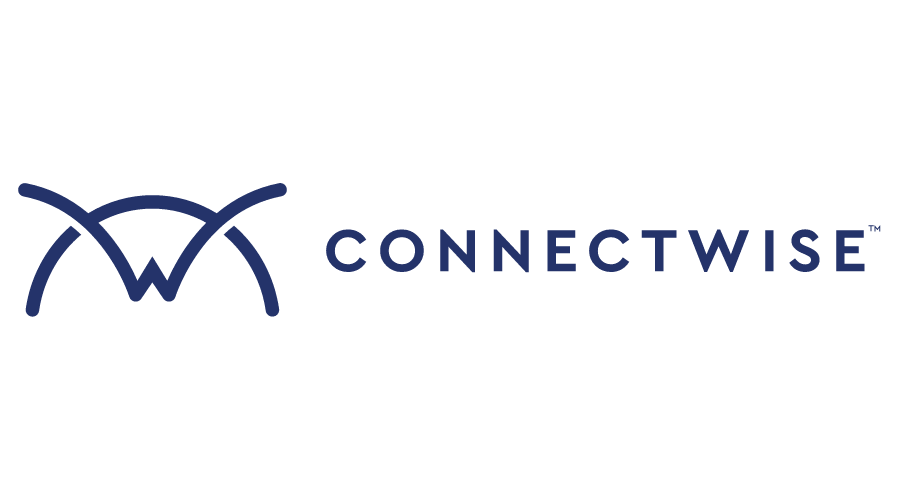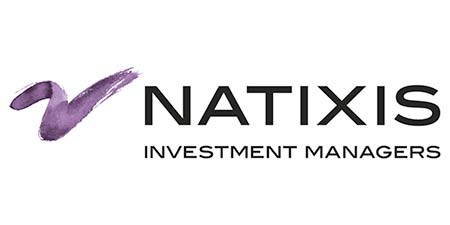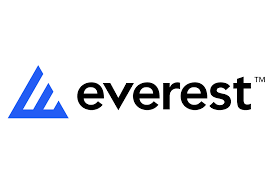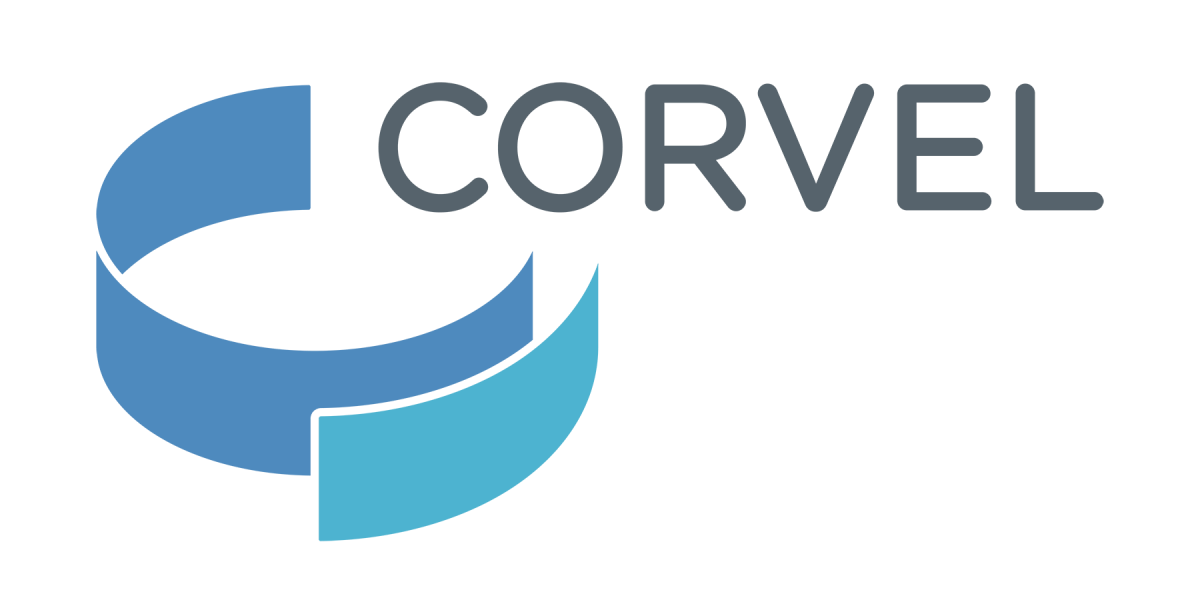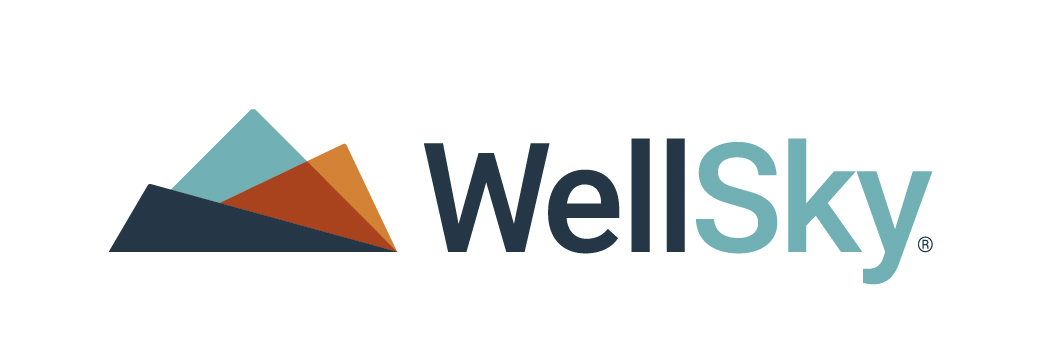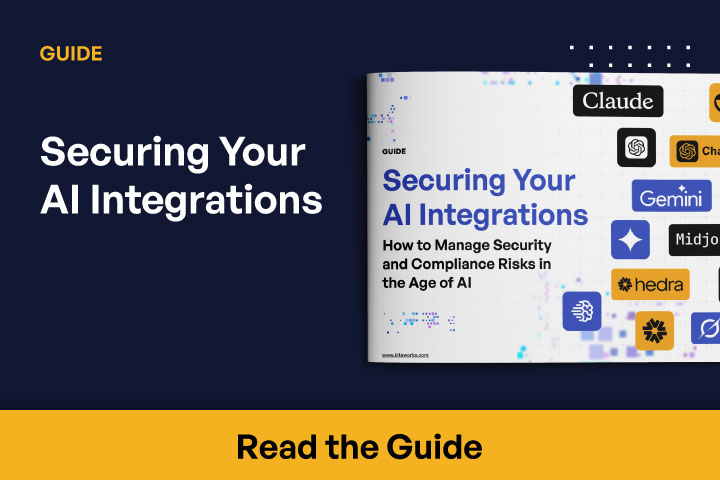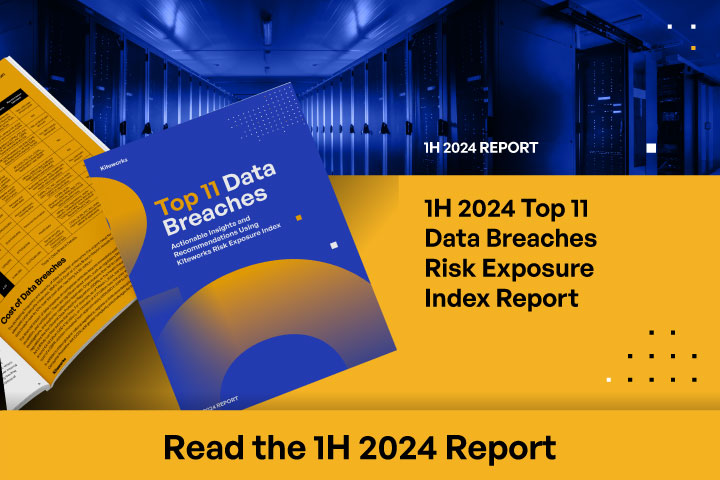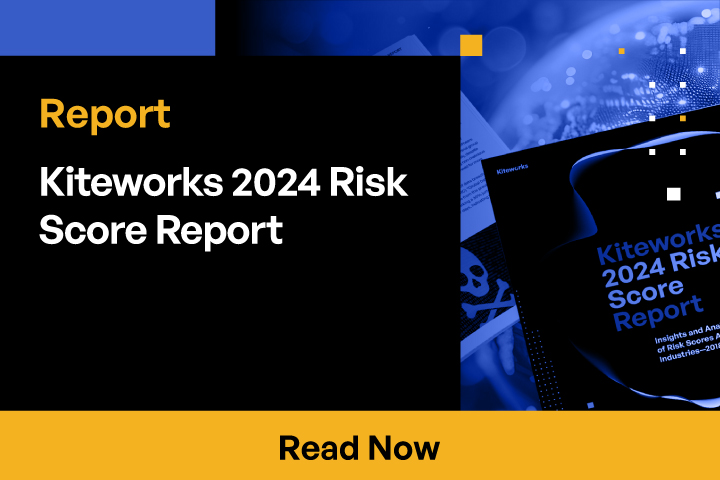AI Security and Compliance Challenges
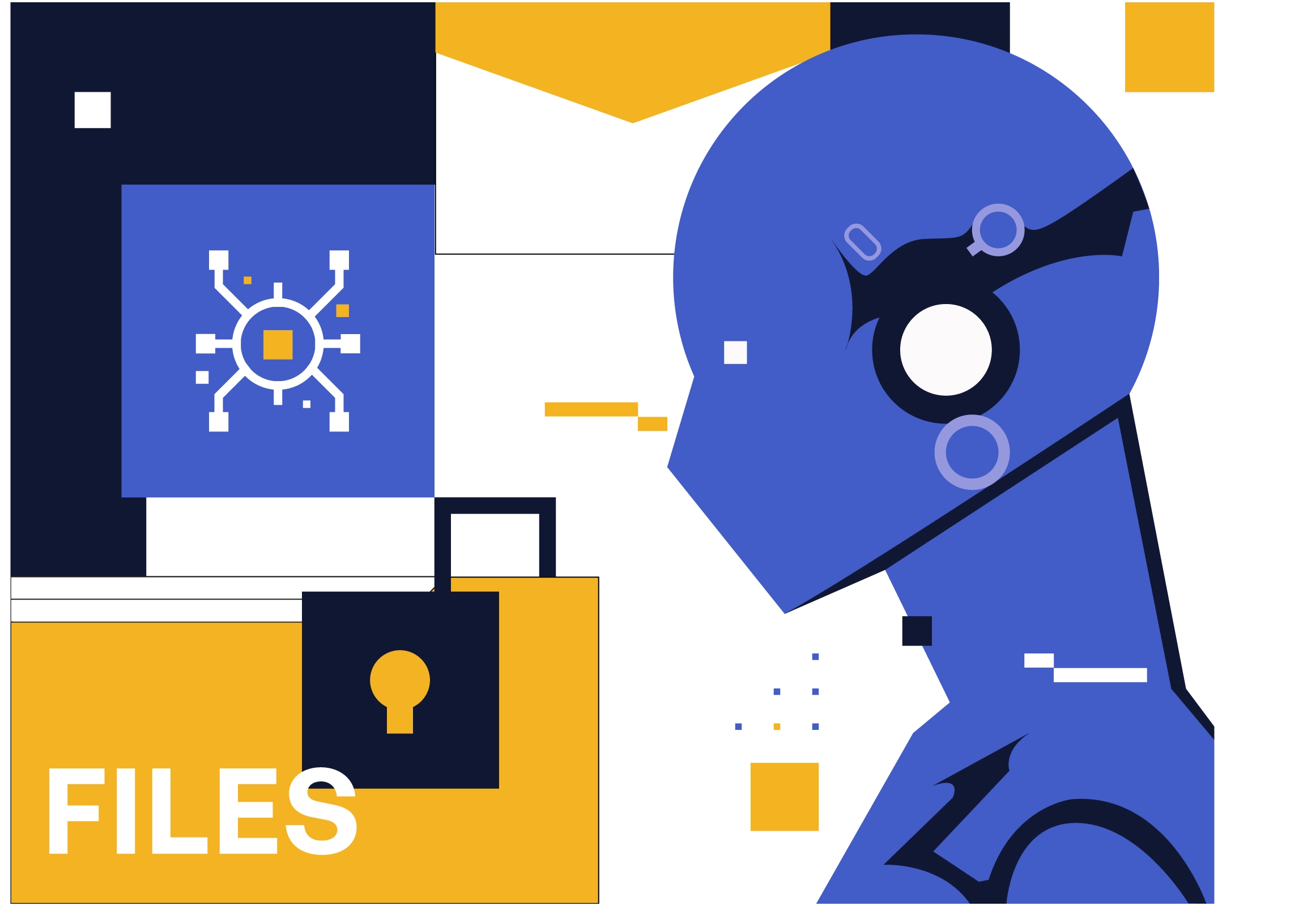
Data Breach Risk
Uncontrolled data access by AI systems increases the risk of sensitive information leaks, as these systems often lack built-in security controls. Without proper governance, unauthorized access to data can result in severe breaches that expose confidential information. As AI systems become more integrated with enterprise environments, safeguarding data against these risks is more important than ever.
Governance Compliance Requirements
Navigating complex regulatory frameworks like GDPR, CCPA, and industry-specific standards is critical when handling sensitive data in AI-driven environments. Enterprises must ensure that AI systems only access, use, and store data in compliance with these regulations, or face hefty fines and reputational damage. Effective governance policies are necessary to keep data access in line with these ever-evolving legal requirements.
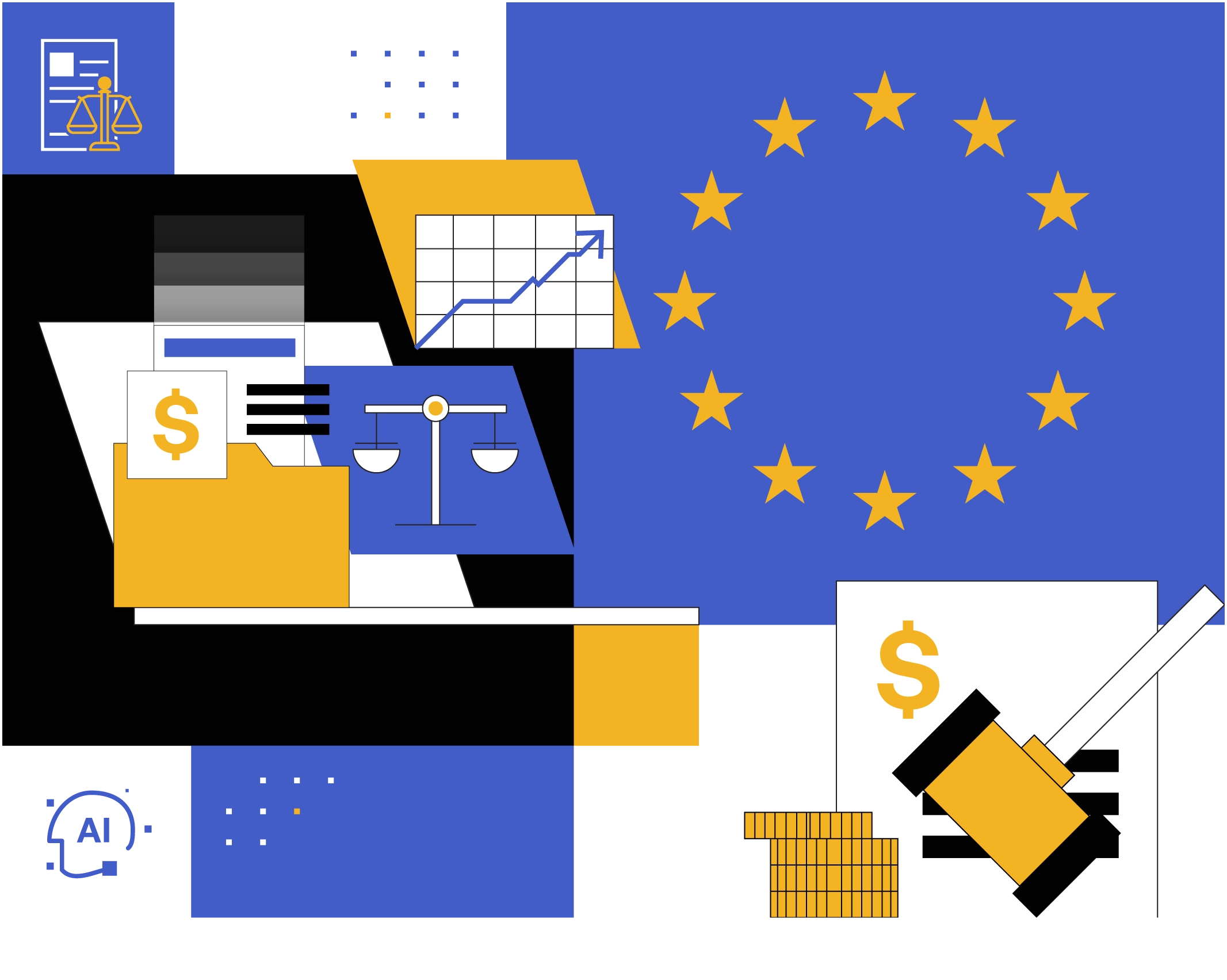
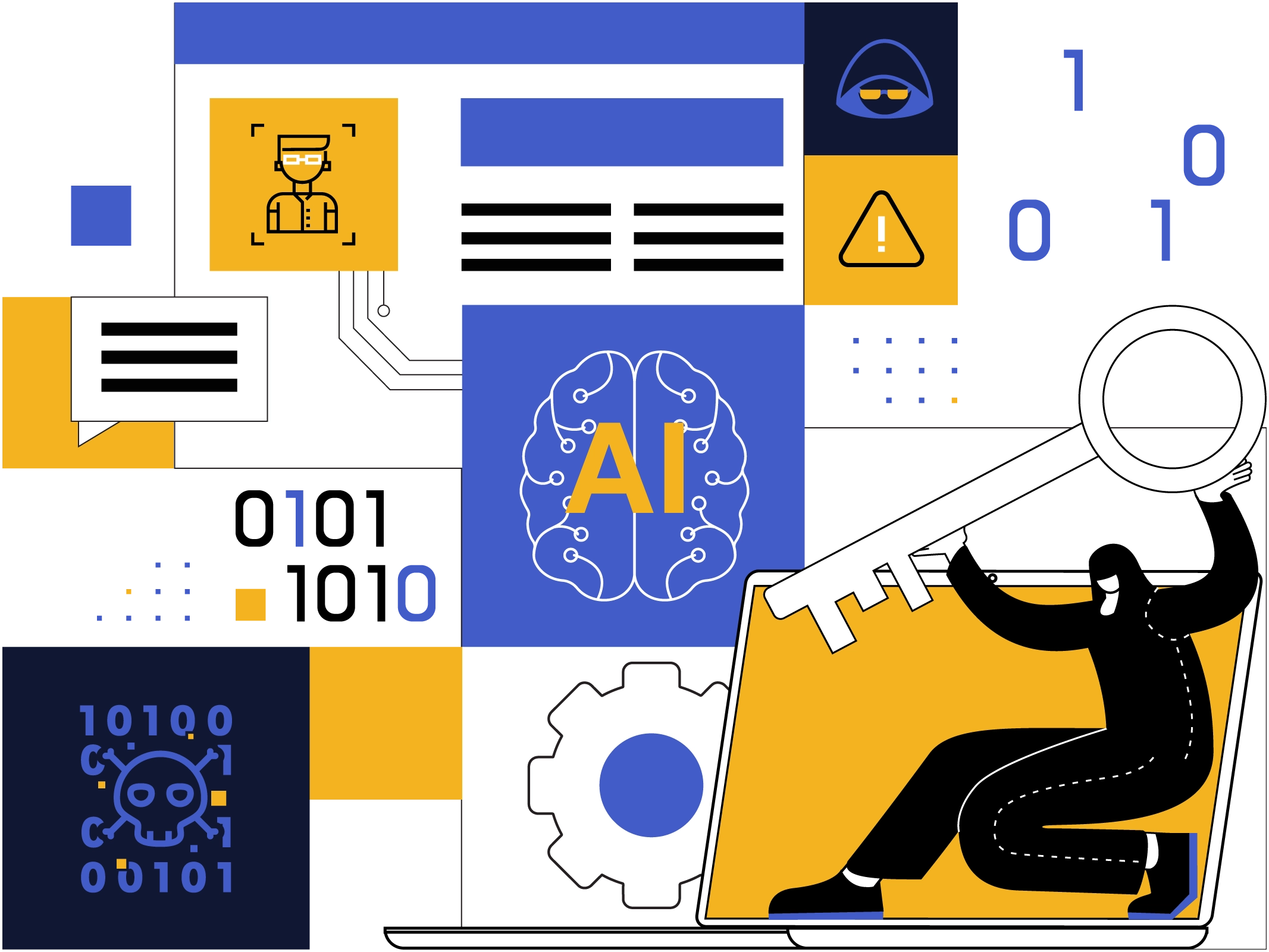
Integration Complexities
AI systems often need to pull data from various sources, some of which may be legacy systems or lack the necessary security protocols. This process becomes challenging when organizations attempt to maintain data integrity and security across multiple platforms and formats. Without a streamlined approach to integration, enterprises risk creating vulnerabilities that hackers can exploit.
Transparency Issues
When AI systems access enterprise data, it’s essential to maintain visibility into who is using that data and for what purposes. Without clear tracking and auditing, organizations lack the transparency needed to prevent unauthorized data use and ensure accountability. This lack of insight can undermine trust in AI-driven processes and lead to compliance violations.
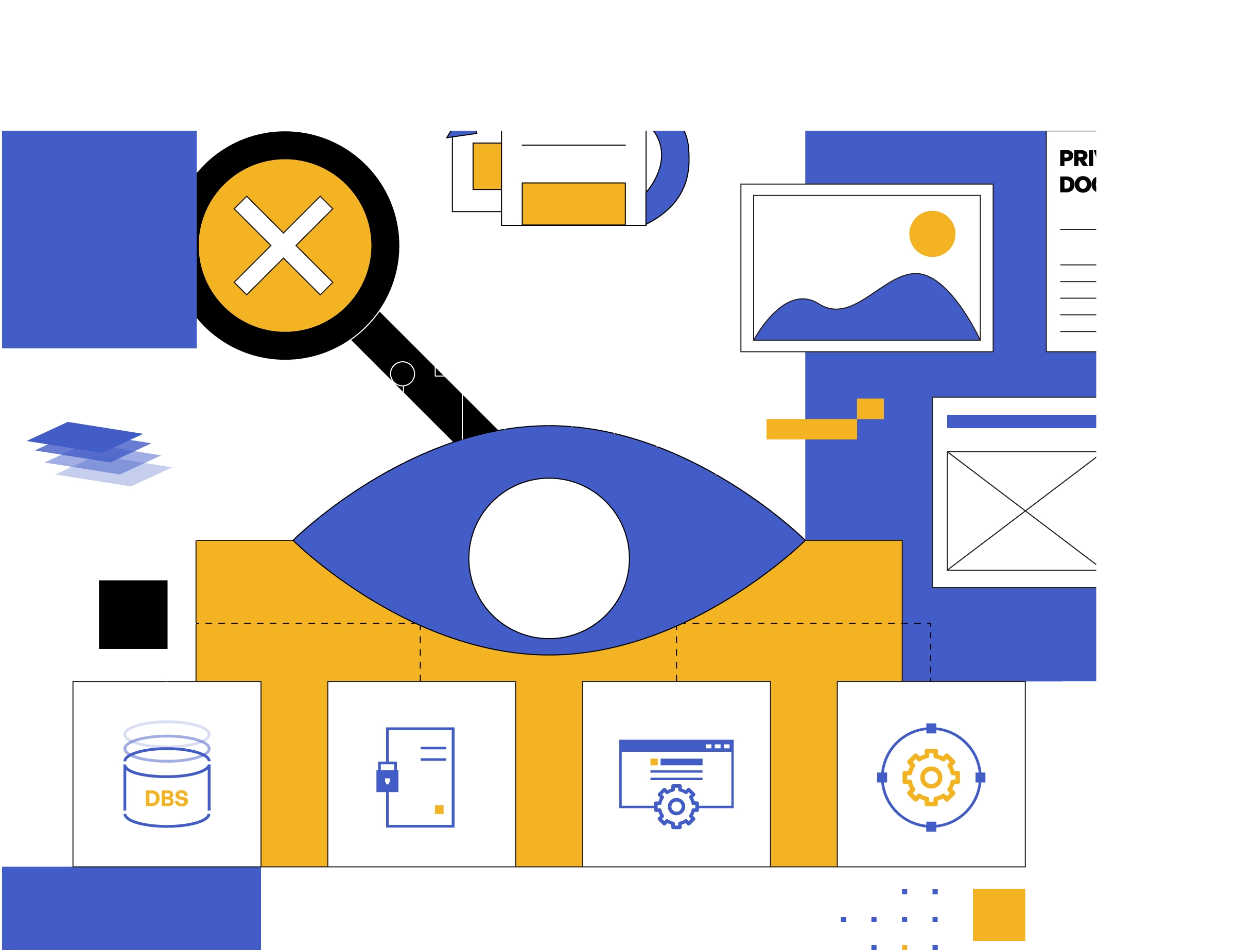
Kiteworks AI Data Gateway
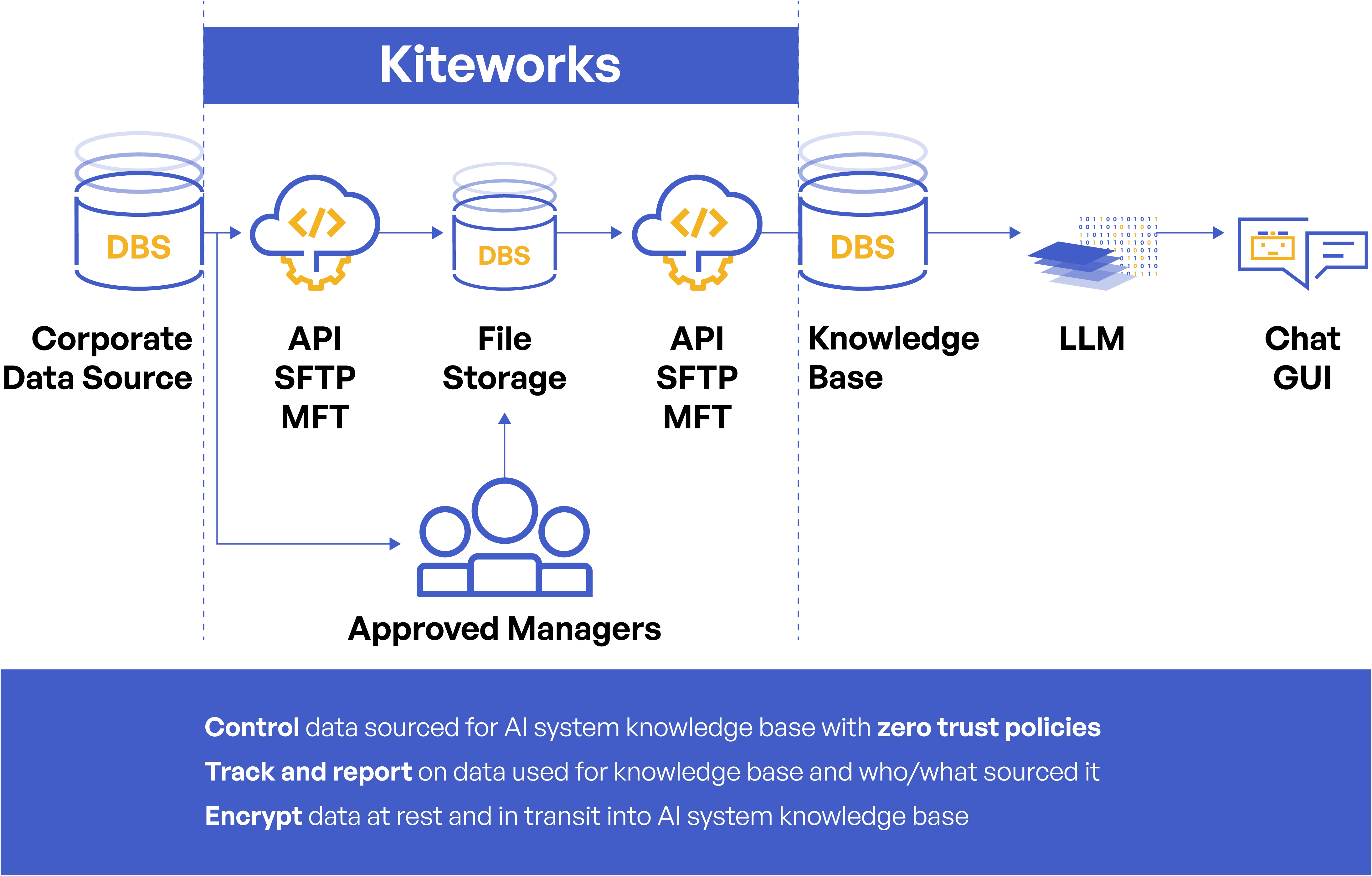
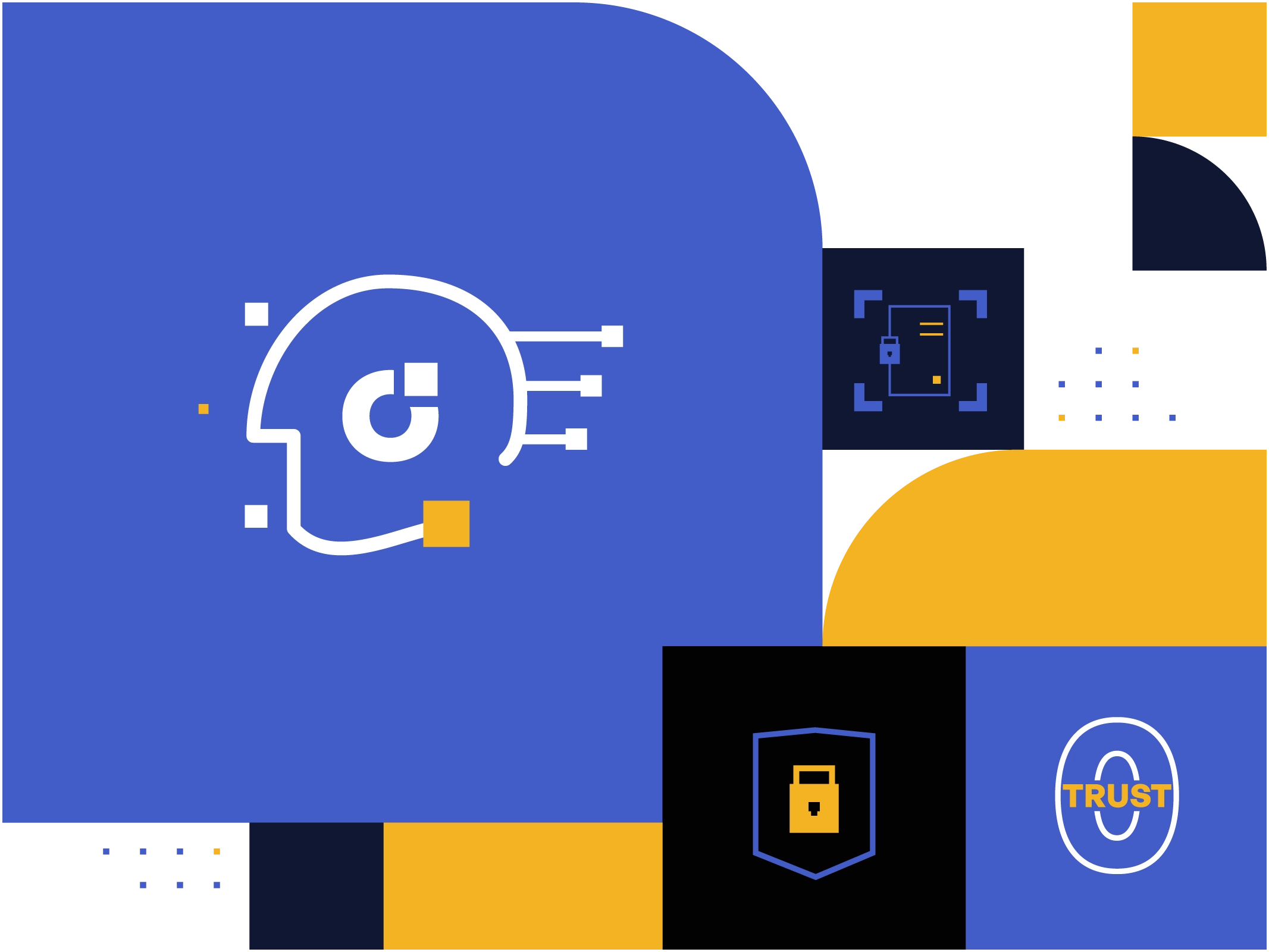
Secure AI Data Access
The Kiteworks AI Data Gateway provides a secure bridge between AI systems and enterprise data repositories, ensuring that only authorized entities can access sensitive information. By using zero-trust principles, Kiteworks prevents unauthorized access and protects data from potential breaches. This secure gateway not only mitigates risks but also empowers organizations to confidently adopt AI technologies without compromising data security.
Governance and Compliance
Kiteworks enforces strict governance policies, ensuring that every interaction between AI systems and enterprise data complies with relevant regulations. The platform automatically applies data governance controls to every transaction, maintaining audit logs and preventing misuse. This approach helps organizations stay compliant with data protection regulations like GDPR, HIPAA, and numerous U.S. state data privacy laws while using AI systems for innovation.
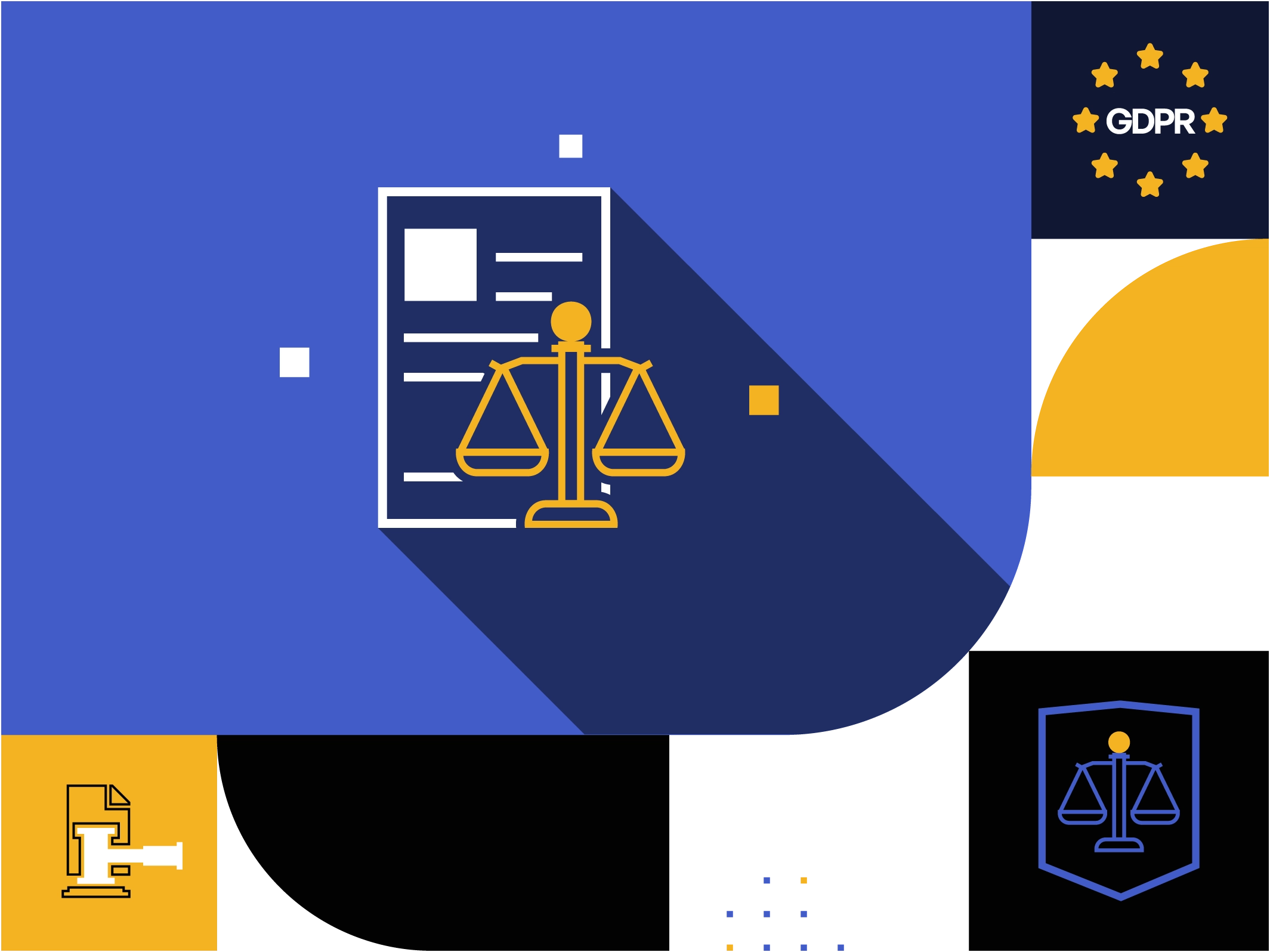
Data Encryption and Tracking
All data moving through the Kiteworks AI Data Gateway is encrypted both at rest and in transit, protecting it from unauthorized access. The solution also tracks and reports data usage, providing real-time visibility into which users and systems accessed specific data sets. This ensures that enterprises have full control over their data and can monitor its movement across AI systems for compliance and security purposes.
Facilitates Retrieval-Augmented Generation (RAG)
Kiteworks enables AI systems to securely pull relevant enterprise data for retrieval-augmented generation (RAG), enhancing model accuracy and relevance. By providing controlled, secure access to up-to-date data, Kiteworks helps AI models operate more effectively without increasing the risk of data breaches. This facilitates the integration of advanced AI capabilities while maintaining stringent security controls.
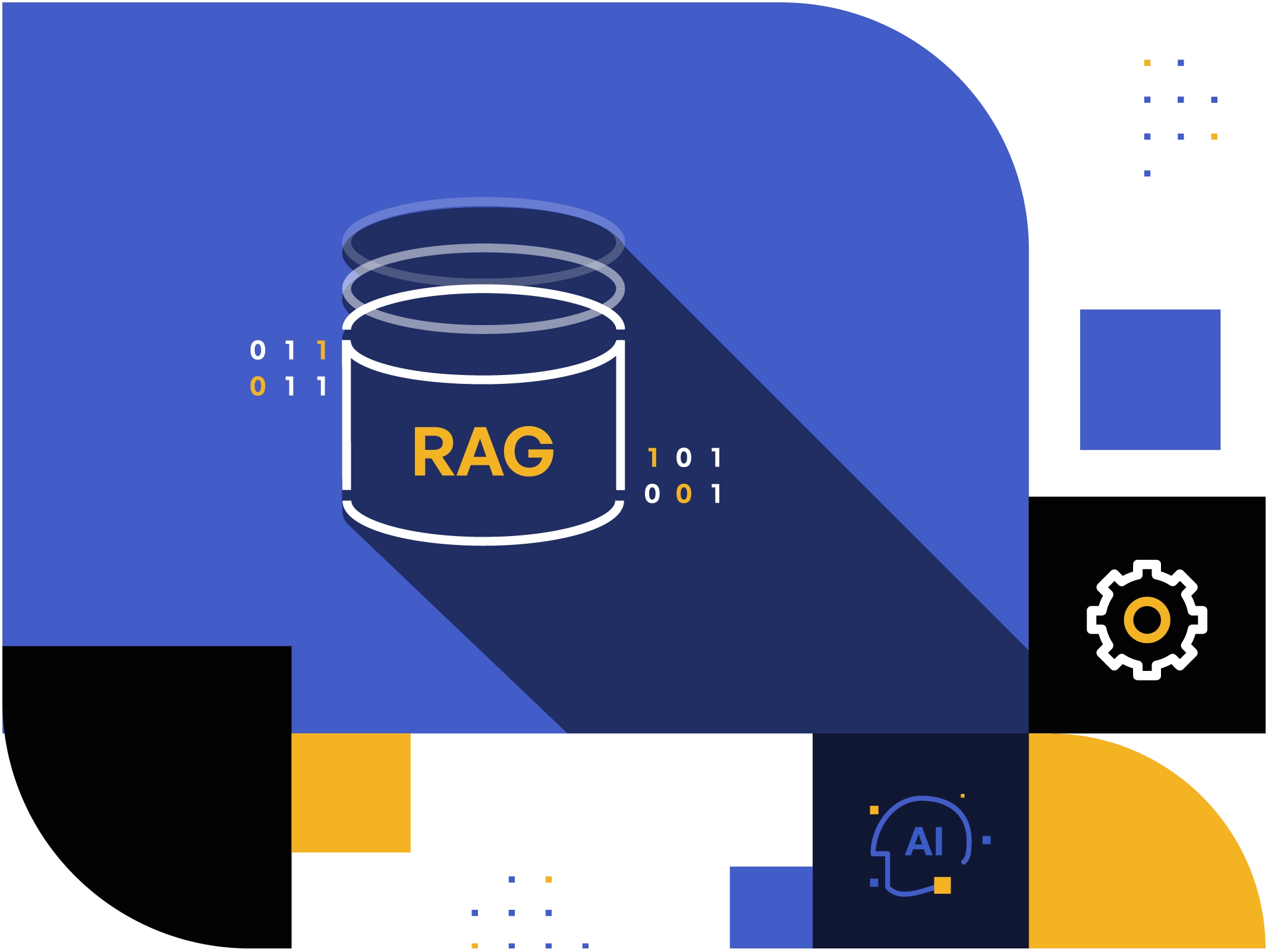
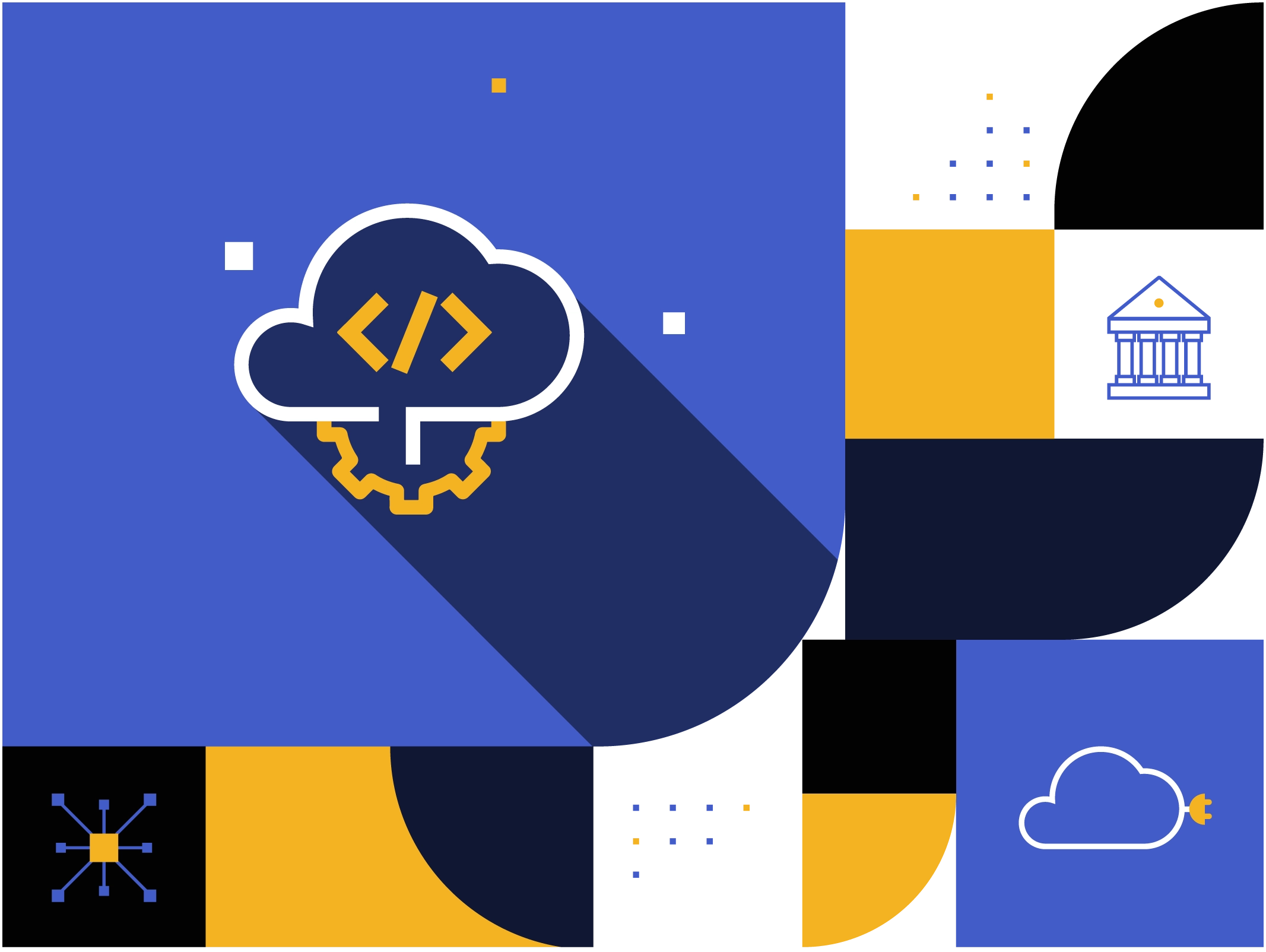
Seamless API Integration
With developer-friendly application programming interfaces (APIs), Kiteworks easily integrates into existing AI infrastructures, reducing the time and complexity required for deployment. This seamless integration allows enterprises to harness the power of AI without the added complexity of overhauling their current systems. As a result, organizations can quickly scale AI capabilities while maintaining tight security and governance over their data.
Frequently Asked Questions
AI systems often process large amounts of sensitive data, which increases the risk of unauthorized access or data breaches. Without proper controls, AI could misuse or expose confidential information, leading to regulatory noncompliance and reputational damage.
AI systems may lack sufficient security protocols and inadvertently leak data through unsecured connections, data scraping, or misuse of data sets. Without proper governance, data could be accessed by unauthorized entities or shared with unintended third parties.
Effective data governance ensures that AI systems adhere to strict access controls and usage policies. This minimizes the risk of data misuse and ensures compliance with regulations like GDPR, preventing unauthorized access to sensitive information.
Yes, if not properly secured, AI models can be manipulated through adversarial attacks or data poisoning. This can allow bad actors to trick AI systems into accessing or exposing sensitive data without authorization.
Encryption protects sensitive data by making it unreadable to unauthorized users, both during transmission and storage. By encrypting data at rest and in transit, organizations can reduce the risk of sensitive data being exposed by AI systems.
FEATURED RESOURCES
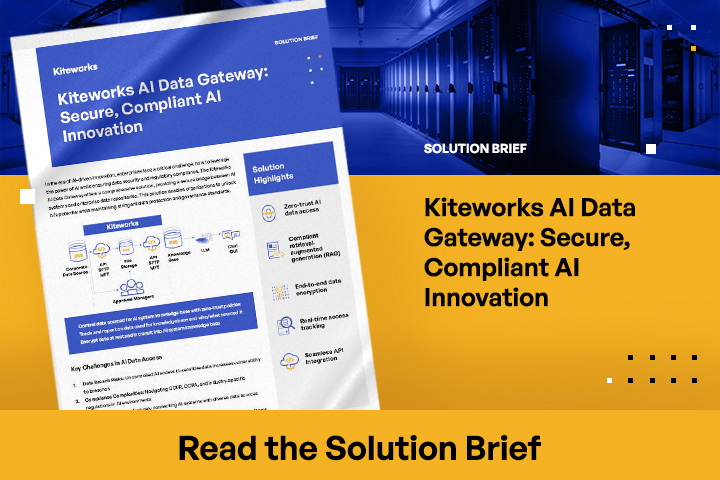
Kiteworks AI Data Gateway: Secure, Compliant AI Innovation
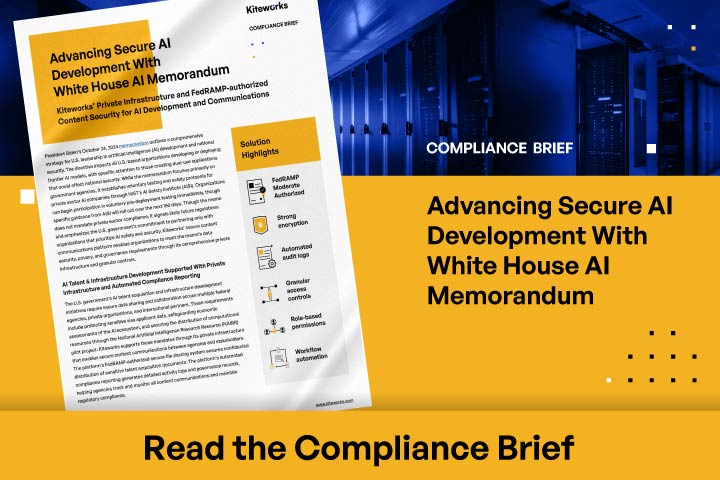
Advancing Secure AI Development With White House AI Memorandum
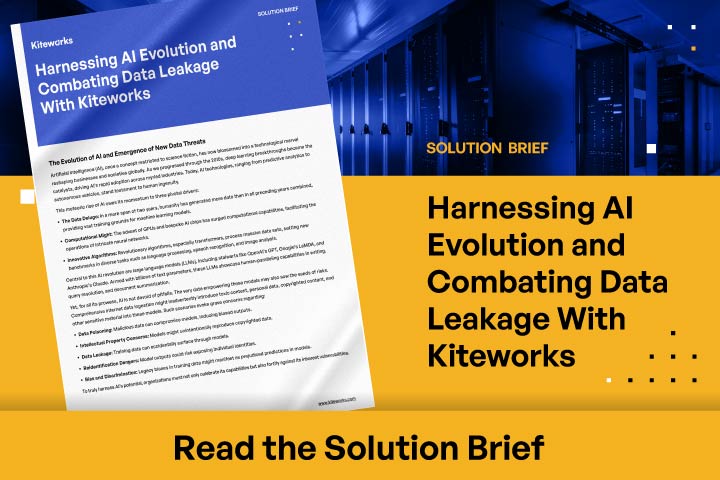
Harnessing AI Evolution and Combating Data Leakage With Kiteworks
IT, SECURITY, PRIVACY, AND COMPLIANCE LEADERS AT THOUSANDS OF THE WORLD’S LEADING ENTERPRISES AND GOVERNMENT AGENCIES TRUST KITEWORKS
